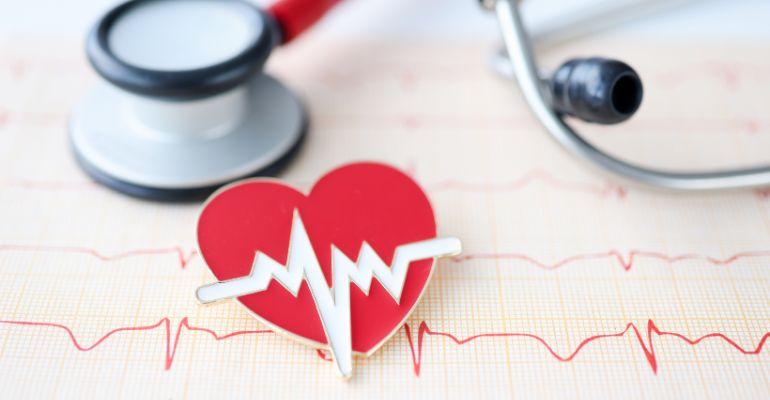As the year draws to a close, it's a time to reflect on our health and make resolutions for the year ahead. This period offers an opportunity to assess our well-being and consider positive changes that can contribute to a healthier and happier future.
For many, the focus inevitably turns to our cardiovascular health, considering the increasing prevalence of heart-related issues globally. Cardiovascular diseases (CVDs), encompassing various conditions affecting the heart and blood vessels, are recognised as the leading cause of mortality both globally and in the UAE, accounting for more than 40 per cent of deaths across the country. Common risk factors such as hypertension, diabetes, obesity, and, notably, high cholesterol contribute substantially to the prevalence of cardiovascular issues.
What makes CVDs so dangerous is their ability to go undetected for prolonged periods. They progress silently, causing damage to the heart and blood vessels without any noticeable symptoms until a sudden or devastating event occurs, such as a heart attack or stroke. This is why healthcare professionals and those in the medical space will tell you that the key to preventing and managing CVD lies in early detection and intervention.
Related: World Heart Day: Innovations in electrophysiology and LVAD technology
Regular screening and checkups with a healthcare provider are crucial to identifying and addressing CVD risk factors promptly. Early detection also allows for timely lifestyle modifications, medication therapy, and preventive measures to reduce the risk of complications and improve overall heart health. Cholesterol levels are an especially critical aspect of CVD risk assessment. Elevated cholesterol levels, particularly LDL (bad) cholesterol, significantly increase the risk of atherosclerosis, the buildup of plaque in the arteries that can lead to heart attacks and strokes.
It is estimated that over 44 per cent of UAE residents have high cholesterol levels, putting them at a significantly increased risk of heart attacks, strokes, and other cardiovascular complications. Regularly monitoring cholesterol levels and maintaining healthy levels through lifestyle changes or treatment, if necessary, is essential for cardiovascular health.
Related: Challenging misconceptions around heart health in the Gulf
Here are some key steps you can take to achieve this:
- Know your numbers: Regularly check your cholesterol levels by adding LIPID tests to your annual checkup and keeping track of other health indicators like blood pressure and blood sugar levels. By setting specific targets for your LDL cholesterol levels, such as below 116mg/dL for low risk, below 100mg/dL for moderate risk, below 70mg/dL for high risk, and below 55mg/dL for very high risk, you can take proactive preventive measures to manage your cholesterol levels and reduce your risk of CVDs.
- Embrace a heart-healthy diet: Prioritise a diet rich in fruits, vegetables, whole grains, and lean protein sources. Limit intake of saturated and trans fats, processed foods, sugary drinks, and excessive salt.
- Regular physical activity: Aim for at least 150 minutes of moderate-intensity aerobic exercise or 75 minutes of vigorous-intensity aerobic exercise per week. Incorporate strength training exercises at least twice a week.
- Maintain a healthy weight: Obesity is a significant risk factor for CVD. Work towards maintaining a healthy weight through a combination of diet and exercise.
- No smoking: Smoking is a major risk factor for CVD. Quitting smoking is one of the most impactful steps you can take to improve your heart health.
In 2023, we saw organisations like Novartis make incredible strides in educating the public about the effects of cholesterol on cardiovascular health. Through its Unblocked movement, the company mobilised healthcare professionals and patients alike to join the movement toward heart health and incorporate cholesterol testing into routine clinical screenings.
Let us build on this momentum in 2024. By taking proactive steps to prevent and manage CVDs, we can significantly reduce our risk of heart disease and live a longer, healthier life. Remember, prioritising your heart health is an investment in your overall well-being.

Dr. Loai Abadaqa is a Consultant Interventional Cardiologist at Al Qassimi Hospital





